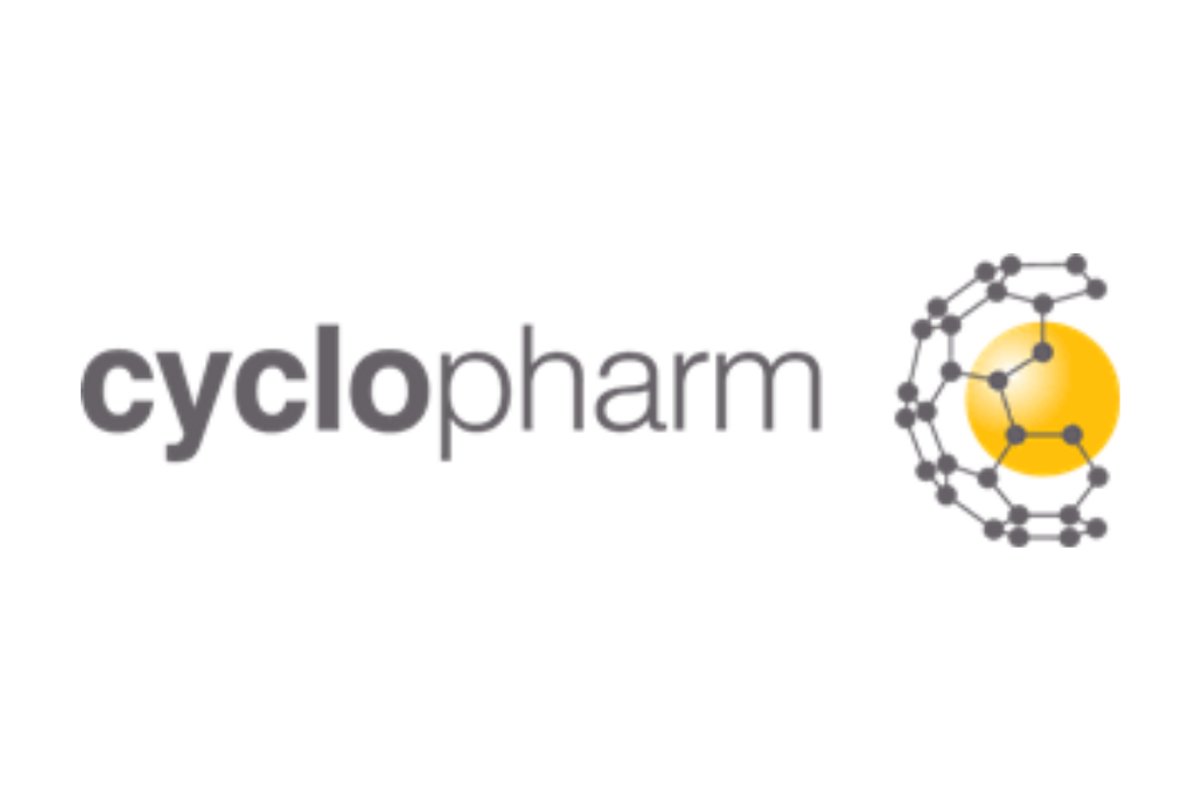- Bausch + Lomb, a leading global eye health business of Bausch Health Companies Inc. (NYSETSX: BHC) ("Bausch Health") and Novaliq GmbH ("Novaliq"), a biopharmaceutical company focusing on first- and best-in-class ocular therapeutics, today announced statistically significant topline data from the second Phase 3 (MOJAVE) trial evaluating the investigational drug NOV03 (perfluorohexyloctane) as a first-in-class eye drop with a novel mechanism of action to treat the signs and symptoms of dry eye disease (DED) associated with Meibomian gland dysfunction (MGD). The companies announced statistically significant topline data from the first Phase 3 trial (GOBI trial) in April 2021.
"The findings from this second Phase 3 trial reinforce the results of the first Phase 3 trial and further supports the efficacy and safety profile of NOV03 as a potential important new treatment option for the millions of people living with dry eye disease associated with MGD," said Joseph C. Papa , chairman and CEO, Bausch Health . "These results mark another important milestone in bringing NOV03 to market as a potential first-in-class treatment, and we anticipate filing a New Drug Application to the U.S. Food and Drug Administration in 2022."
Dry eye disease is one of the most common ocular surface disorders, causing discomfort for millions of Americans. MGD is a major cause of the development and progression of evaporative DED, which is caused by a deficient tear film lipid layer that leads to increased tear evaporation. 1,2
The MOJAVE trial met both primary sign and symptom endpoints:
- Change from baseline in total Corneal Fluorescein Staining (tCFS), a measure of assessing damage to the eye, achieved statistical significance at day 57, using the National Eye Institute (NEI) scale, compared to control [p
- Change from baseline in Dryness score achieved statistical significance at day 57, as rated on a visual analogue scale (VAS) ranging from 0-100 (0 = no dryness; 100 = maximum dryness), compared to control [p
The MOJAVE trial also met all of its secondary endpoints, showing statistically significant improvements in each of the signs and symptoms of DED associated with MGD that were evaluated.
"We are extremely pleased by the consistency of the results, which reaffirm the safety and efficacy results for this investigational drug previously demonstrated in a Phase 2 trial and the first Phase 3 trial. This underscores the potential impact NOV03 could have, if approved, in addressing an unmet medical need for the millions of patients with dry eye disease associated with MGD," said Christian Roesky , Ph.D., CEO, Novaliq. "Together with Bausch Health and Bausch + Lomb, we are now one step closer to making this potential novel treatment option available for patients in the United States ."
To develop drugs for the treatment of dry eye, the U.S. Food and Drug Administration (FDA) requires companies to demonstrate that safety and efficacy has been achieved in at least two adequate and well-controlled, multicenter, independent trials. To demonstrate the efficacy of NOV03, the FDA agreed that corneal staining is an objective sign and the dryness score fullfils the criteria of a subjective symptom. The clinical results of the previous Phase 2 (SEECASE) and both Phase 3 trials (GOBI and MOJAVE) are very consistent in potentially demonstrating the efficacy of NOV03 to reduce both the signs and symptoms of dry eye disease compared to the control saline groups.
"With these results, consistent statistically significant efficacy, safety and tolerability have now been demonstrated in both NOV03 Phase 3 trials, as well as in the Phase 2 trial," said John Sheppard , M.D., president of Virginia Eye Consultants, professor of Ophthalmology at the Eastern Virginia Medical School , Norfolk, Va. , and trial investigator. "If approved, NOV03 would help address dry eye disease associated with MGD for the growing number of dry eye disease patients seen every day in clinical practice, offering eye care professionals a promising new therapeutic approach."
The clinical development program for NOV03 is expected to conclude with an ongoing multi-center, open-label, single-arm, 12-month safety extension trial (KALAHARI).
Summary of Phase 3 MOJAVE Study Results
The results were based on data from 620 participants aged 18 years and older who were randomized to either receive treatment with NOV03 four times daily or administration of placebo four times daily.
The prospective, multi-center, randomized, double-masked, saline-controlled Phase 3 study, which was conducted at 40 locations in the United States , also included four prespecified secondary endpoints. All four demonstrated statistical superiority over placebo: change from baseline in tCFS at day 15 [p = 0.001]; change from baseline in dryness score at day 15 [p = 0.001]; change from baseline in VAS burning/stinging at day 57 [p = 0.001]; and change from baseline in central Corneal Fluorescein Staining (cCFS) at day 57






